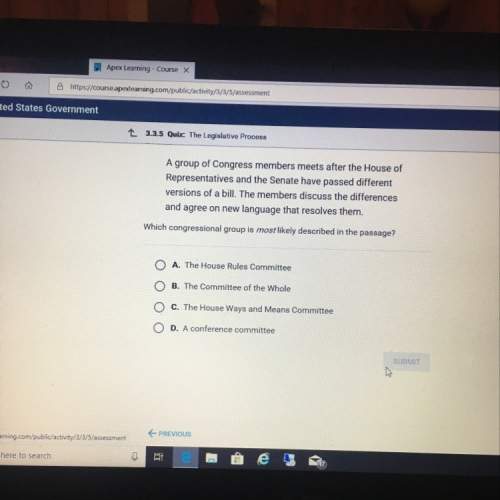
Read the excerpt from The Riddle of the Rosetta Stone, by James Cross Giblin. Young had learned to read before he was two, and by the age of twenty had mastered a dozen foreign languages including Arabic, Persian, and Turkish. An inheritance from an uncle left him free to pursue his scientific interests. At various times, Young studied the habits of spiders, the surface features of the moon, and diseases of the chest. Then, intrigued by the challenge of the Rosetta Stone, he put aside his other studies and concentrated on attempting to decipher the writing on it. Young had read of de Sacy’s and Akerblad’s work in Paris, and was determined to succeed where they had failed. The details in this excerpt hint that Giblin has a positive attitude toward Young’s passion for learning. positive attitude toward learning new languages. negative attitude toward Young’s lack of focus. negative attitude toward living off an inheritance.

Answers: 1


Another question on History

History, 21.06.2019 19:30
What do the discoveries of shells used in jewelry and a huge dredged canal tell us about the indus valley civilization?
Answers: 1

History, 21.06.2019 23:30
How did the governor's order that only georgian officers could command georgia's troops demonstrate a problem in the south
Answers: 3

History, 22.06.2019 02:30
Many young people traveled by train out of the midwest in search of new opportunities during the 1930s. what term is used to describe their actions
Answers: 1

History, 22.06.2019 03:30
Which type of constitutional power allows congress to regulate immigration and naturalization?
Answers: 2
You know the right answer?
Read the excerpt from The Riddle of the Rosetta Stone, by James Cross Giblin. Young had learned to r...
Questions


Mathematics, 06.05.2020 05:26


Mathematics, 06.05.2020 05:26







Mathematics, 06.05.2020 05:26






Physics, 06.05.2020 05:26


Spanish, 06.05.2020 05:27

History, 06.05.2020 05:27




